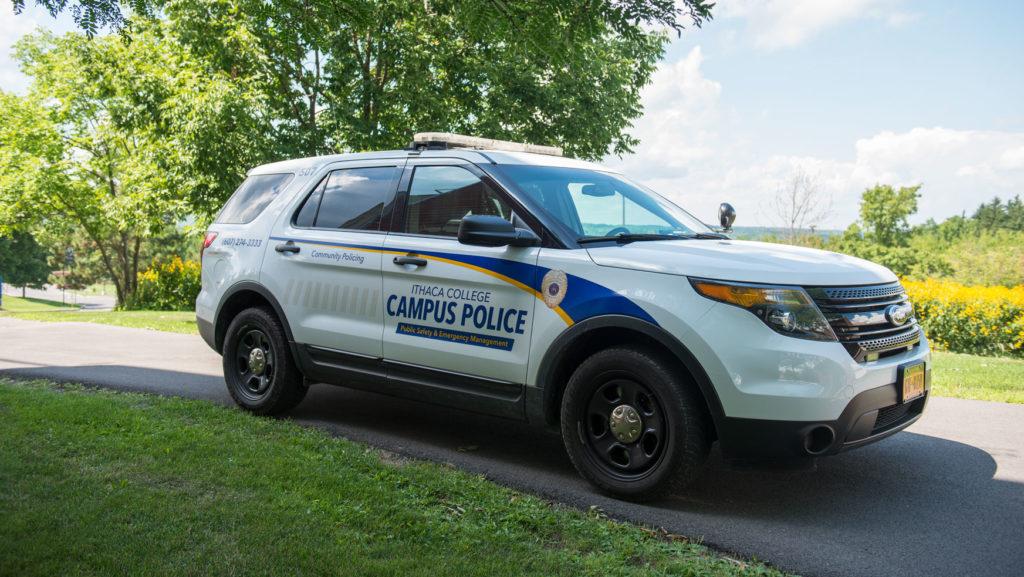I once told a lie to my family. It started out innocently enough. I omitted telling them about a very important decision I had made, one that deeply impacted my life. Over the five years that I concealed this information, I had to tell many other lies in order to cover up my original one. I also had to lie to other people so that they would not reveal my decision to my family. Eventually, I was mired in an elaborate process of maintaining an ever expanding web of lies.
The intense labor of concealment and lying I engaged in on a personal level is similar to the one performed by police and criminal justice departments across the United States at an institutional level. Though the truth of systemic racism reveals itself daily through the egregious murders and harassment of Black, Native, Latinx, Asian, Middle Eastern and other people of color, institutions of policing continue to uphold the lie that these are aberrations in an otherwise fair system. For over a year, the Chicago police and mayor’s office withheld a police video showing Lacquan McDonald being shot in the back by police as he was walking away. They did so precisely because they knew this evidence would unravel the fictional tales they had spun. More videos than we can count (and many more killings that were not videotaped) plainly reveal the fact that police officers across the country have a pattern of reflexively and aggressively murdering Black and Brown people. Yet each time police departments engage in elaborate diversion and concealment techniques, claiming that the police’s investigation of themselves will bring about a “just” and “fair” outcome.
The courts tend to operate as the police’s bedfellow in this elaborate web of denial, lying and deceit. A racist white vigilante group led by Ammon and Ryan Bundy, who engaged in a militarized takeover of a federally owned wildlife sanctuary over 41 days, was recently acquitted of all charges. During the takeover, the F.B.I. allowed this group to move freely between the occupation and other states in order to recruit more militiamen, to have mail delivered, and to bring in supplies. The significance of this acquittal is that it sets legal precedent for racist vigilante militia groups to do as they please. Compare this to the militarized police response to the current unarmed Native American takeover of Standing Rock, North Dakota, where hundreds of protesters are defending critical water supplies and sacred sites from the contamination of the Dakota Access Pipeline. According to Democracy Now!, on October 28, “over 100 officers in riot gear with automatic rifles lined up across North Dakota’s Highway 1806, flanked by armored personnel carriers, a sound cannon, Humvees driven by National Guardsmen, an armored police truck and a bulldozer.” Native American people and their allies were attacked with “tear gas, pepper spray, Tasers, concussion grenades and bean bag rounds” while their horses were shot with rubber bullets. We cannot remember the last time the courts convicted a police officer for the unjust killing or brutality of a person of color. Why? Because issuing such convictions would essentially concede the institutional truth that systemic racism is inherent in the police and criminal justice system.
Though these acts of state-sanctioned violence may seem far from our campus, I would remind the Ithaca College community that our own public safety officers regularly treat students of color differently than their white counterparts. Like all of us, public safety officers make assumptions and decisions based on implicit and explicit racial and gender biases. Until student protests demanded that IC’s public safety office officers deal with their racial and gender discrimination, our Public Safety Office upheld the position that their officers were trained not to see race or gender — an impossibility in our society. It remains to be seen whether, as an institutional unit, the Public Safety Office is willing to relinquish such colorblind lies and actually deal with the truth of how gendered racial biases result in acts of discrimination.
We can engage in numerous debates about how to confront these deeply violent problems. But is it possible to begin a dialogue with institutions of policing, public safety and criminal justice if they are unwilling to start from the foundations of truth? Trust is not possible without honesty. And trust is the basis of any form of collaboration, reconciliation and genuine transformation.
Paula Ioanide is associate professor in the Center for the Study of Culture, Race and Ethnicity and the author of The Emotional Politics of Racism: How Feelings Trump Facts in an Era of Colorblindness.














